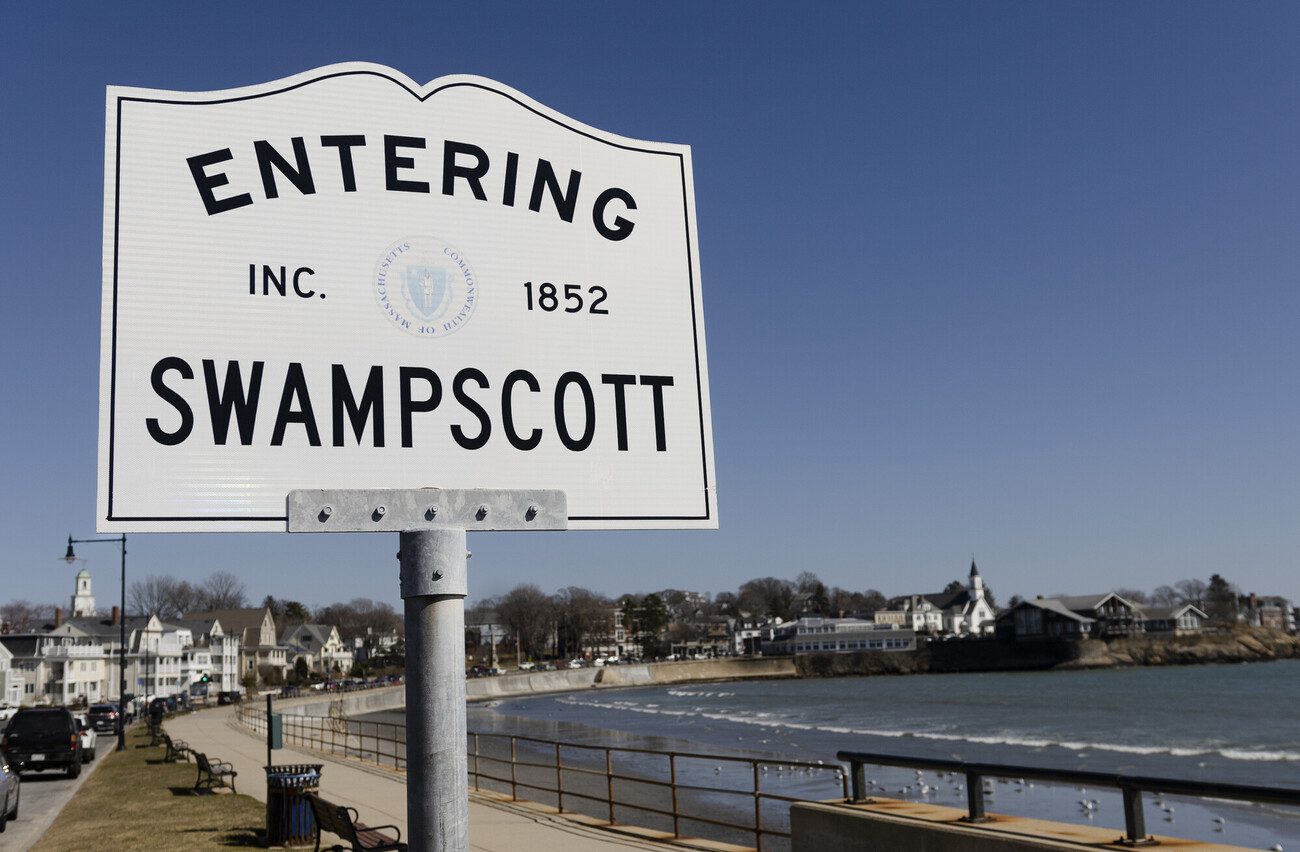SWAMPSCOTT — The School Committee discussed a number of potential new rules for virtual meeting attendees at its workshop meeting Thursday evening at Swampscott Middle School.
As the committee brainstormed potential procedural changes before the upcoming 2023-24 school year, Superintendent of Schools Pamela Angelakis suggested the committee no longer allow virtual participation. She argued that the quantity of virtual attendees commenting during the public-comment portion of meetings can become disruptive.
“Why are we continuing to do the virtual option?” Angelakis said. “We have a challenge with it and the number of people we’re getting, particularly as we go into the public comment… if somebody really has something meaningful to say, then you need to come up.”
Angelakis said the proposed change came out of the overwhelming amount of public comment during pandemic-era School Committee meetings, which she described as being “abusive” and “traumatizing.”
“I have a little bit of trauma from the COVID days. Nobody came to our School Committee meetings (before the pandemic), but then suddenly, there were 20 people online and everybody signed up for public comment and everybody had something to say. It’s really hard to sit there and listen to being bashed,” Angelakis said.
Some School Committee members, such as Glenn Paster, opposed Angelakis’ proposed changes. Paster argued that virtual participation makes it easier for those with limited mobility to participate in School Committee meetings.
After a lengthy discussion, the members agreed to require those attending School Committee meetings over Zoom to preregister with their names and addresses. The committee also agreed that virtual attendees must leave their cameras on if they wish to speak.
“It’s easy to be a keyboard warrior. It’s harder to face the people you’re criticizing,” Committee member Amy O’Connor said.
When the onset of COVID-19 prompted public-gathering restrictions in 2020, former Gov. Charlie Baker implemented a temporary provision requiring municipalities to provide virtual attendance at municipal meetings through executive order.
On March 29 this year, Gov. Maura Healey, in a supplemental budget bill, amended the provisions to no longer require virtual access.
“A public body is not required to provide remote access to a meeting if the meeting is held in a physical location that is open and accessible to the public. Nonetheless, we encourage public bodies to provide multiple methods of access to a meeting when feasible,” Attorney General Andrea Campbell’s office wrote in a June 28 statement.
Other suggested policy changes, such as eliminating virtual access for meetings altogether or displaying a three-minute countdown timer when someone is speaking to enforce time restrictions, were tabled until the next School Committee meeting.

